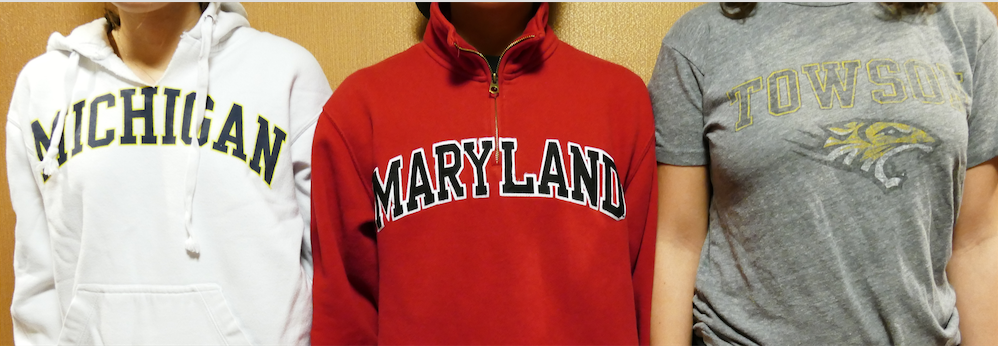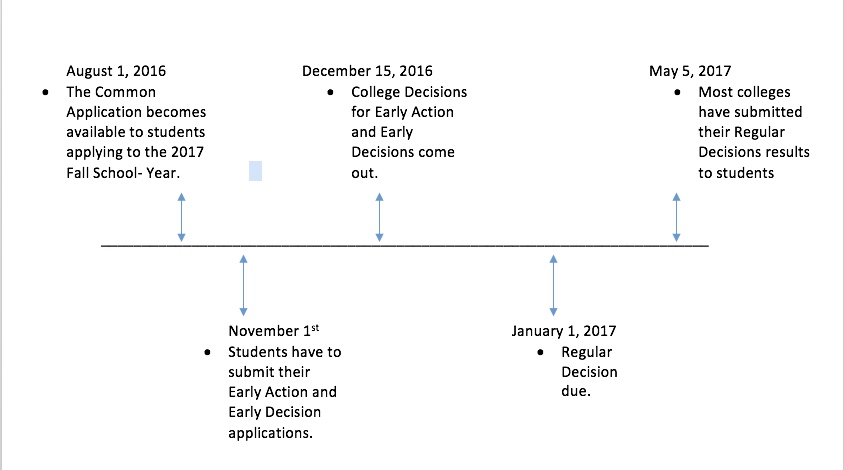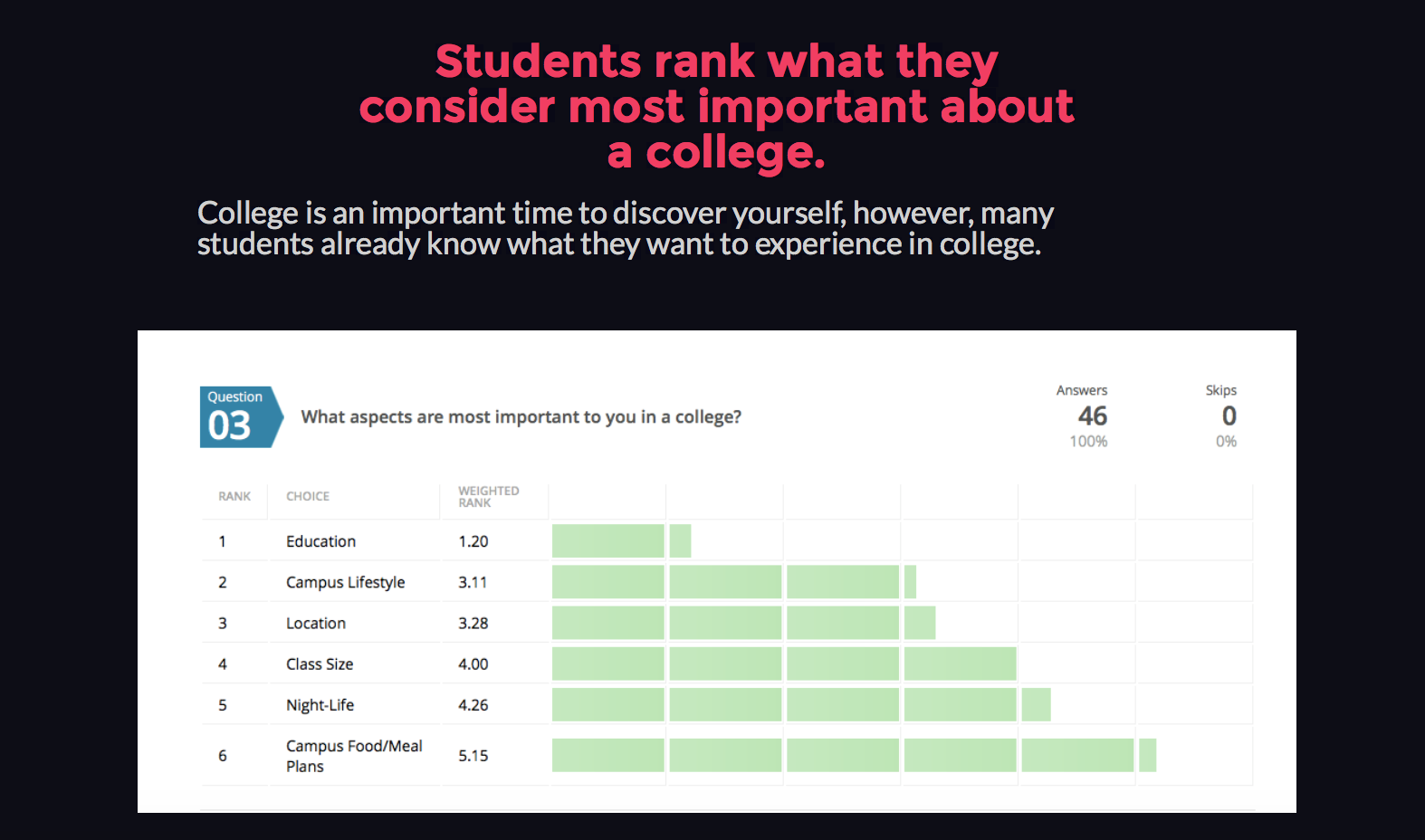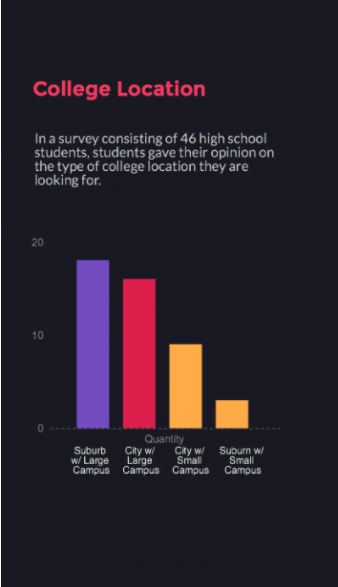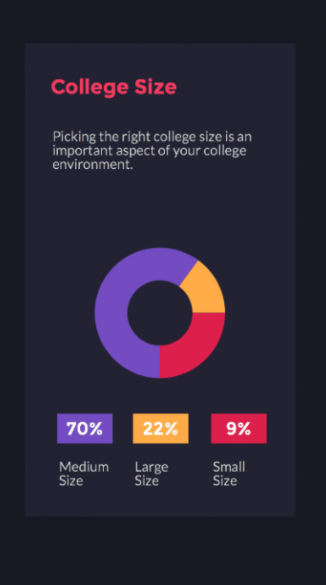The Pursuit of the Perfect College
November 11, 2016
You are all dressed up and ready to go. The only problem is you do not know where you are going. So, you begin to search on Yelp “What are the best restaurants in the area” countless times. You ask friends for their opinions. And you even look up a few of the restaurants’ menus. After you have scoped out all of your options inside and out, you finally pick the restaurant you deem is the best choice for the night.
Exhausting. Extensive. Excruciating. Yet, inevitably satisfying, the same process applies to the college application process. The pursuit of the perfect college is a challenge which has baffled students from across the nation, year after year. Undoubtedly, finding the perfect college is crucial to students’ future success and happiness. But unfortunately, it does not happen overnight. Yet, the college application process is universal, as it effects students from all backgrounds, cultures, and races.
For many students, completing their college application is a lengthy process. Some students even start the college process 1 to 3 years prior to sending in their applications. They meet with counselors and college administrators, visit numerous college campuses, and conduct hours of research regarding information and various attributes about the colleges of their interest.
During this process, students develop multiple factors that they want their college experience to encompass; students look for the right academic opportunities and extracurriculars. Recruiters also aim to help students find their perfect fit. Recruiters offer knowledge about the colleges they represent so students can succeed in their environment.
“There’s a lot of resources colleges provide for students. I think one of the main one is ambassadors. Either the Kansas State student ambassadors or ambassadors like me for the journalism school specifically are helpful because we are current students and we can tell you what’s happening right now at the school and also tell you what resources we are currently using at the school as students like financial aid, advisors, and the student body as a whole,” said Kaitie Marolf.
Most colleges and universities give students the opportunity to look more closely at the size of the school, the programs and majors the school offers, and the overall lifestyle at the school, with resources such as emails, print mail, and contact information of admissions counselors.
But it has been much debated as to whether the “perfect school” is even possible to attain.
David Wright, Associate Professor at Drake University believes so.
“Is there a perfect school for students? I think the key is that if you look at three elements, you can find the right school for you,” said Wright. “The basic things are what are the opportunities inside and outside, so what does the city offer; next up, how many students complete one year. Finally, internship. What percentage of students get an internship outside. And then placement. Out of college six months out, how many of them are employed.”
Overall, finding the perfect college takes time, effort, and a lot of research. Nonetheless, in the end it all pays off, when students finally succeed in their pursuit and settle upon the perfect school.

College Deciding Factors are Timeless
The ultimate deciding factors when applying for the perfect college are timeless. Office Manager for the Quill and Scroll Organization, Judy Hauge sees similarities between how she decided which university to apply to almost thirty years ago and how her own children and other current students decided to apply to the colleges they ultimately chose to attend as well. Predominantly, money was the most influential factor for Hauge when she applied to college. Considering Hauge paid for college herself, she decided that attending college in the state she grew up in, Iowa, would be the best option in her circumstances.
From working at the School of Journalism at the University of Iowa in Iowa City, Hauge is constantly around college or future college students. From her experiences with students in her workplace and her own family, Hauge believes factors such as the cost of tuition, location, and the students’ desired major are crucial deciding factors.
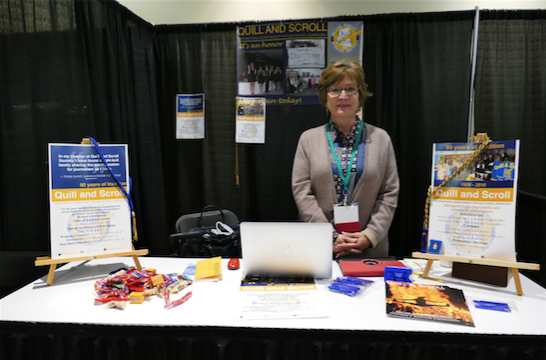
Judy Hauge showcases the Quill and Scroll organization at the #nhsjc
trade show.
“I’ve seen for a lot of students the cost of tuition is a large factor, because when you go out of state it is typically a lot more expensive than it is to go in state institution. I would think another big factor is what you’re gonna major in. Many incoming freshman have an idea of what they wanna do, but they aren’t exactly sure, however, say for example if a student wants to major in engineering, they would want to go to the best engineering school he or she can get into,” said Hauge.
Hauge’s children possessed priorities similar to those of Hauge’s when picking the right college to attend. Both of Hauge’s children attended college in Iowa. Her son attended Iowa State University for agronomy, and her daughter major in finance at the University of Iowa.
Hauge said, “My daughter knew she wanted to do something in business, and initially she wanted to go out of state, but the cost for her was a factor since she did not want to have to go into debt to that extreme so she decided attending an in state university would be best for her.”
Hauge expressed the value of essential deciding factors all students contemplate when applying to college, regardless of the decade.

Students Express Their Ideal College Experience
Thank You for Reading!
Thank you for reading Eastside‘s coverage on “The Pursuit of the Perfect College.” Above is a ThingLink (Picture) that Eastside used to locate college admission counselors on the map. Check out the quiz below to test your knowledge on the college admissions process.
